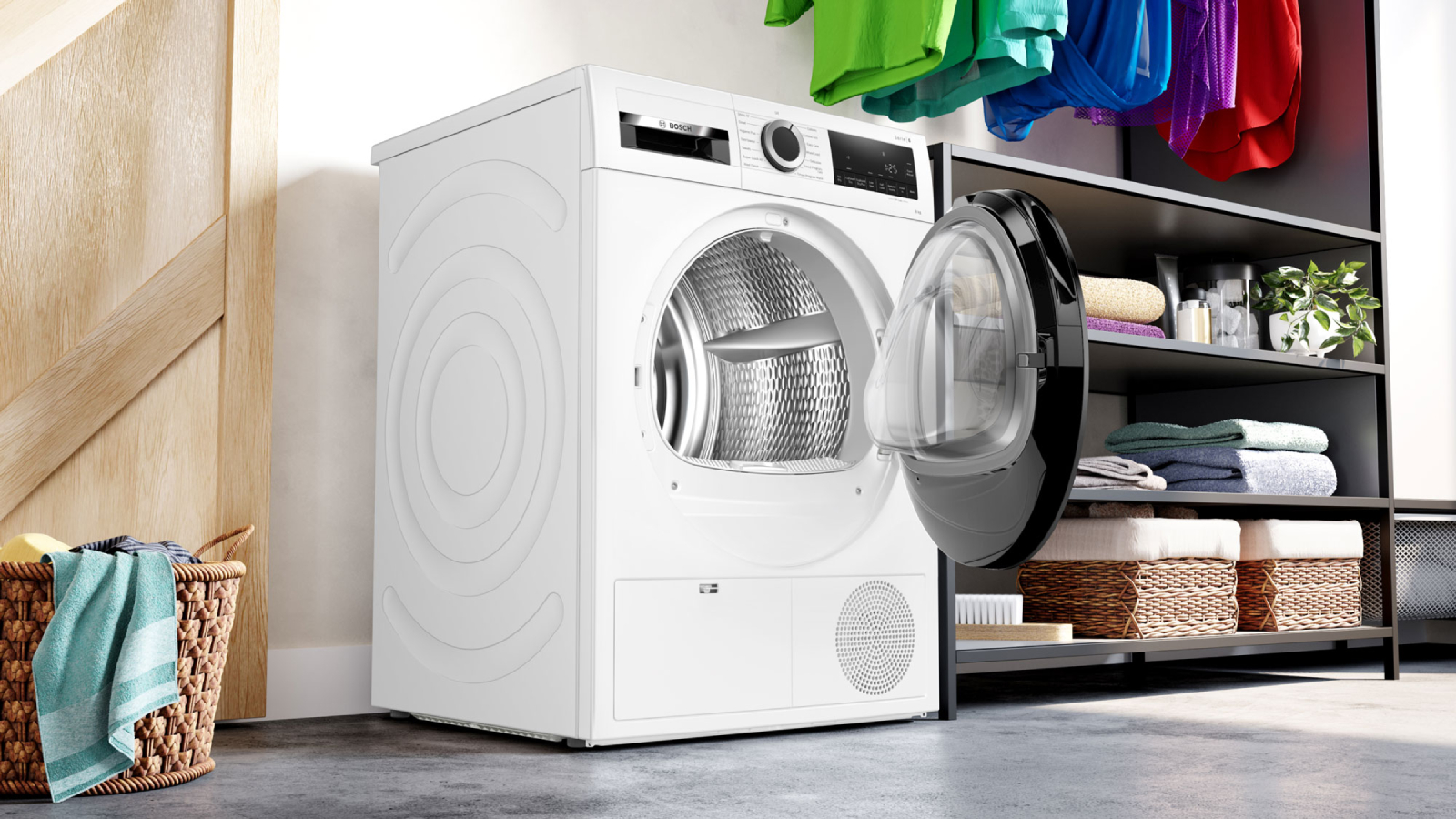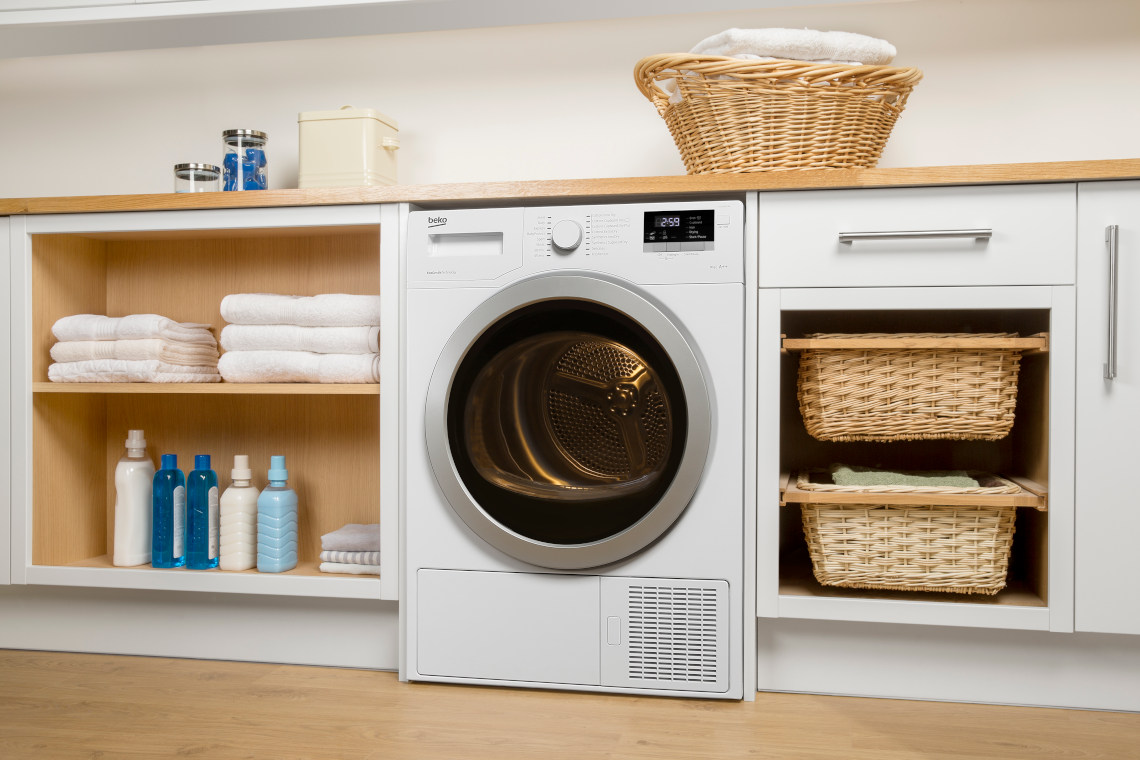This blog post explains whether heat pump dryers cause condensation and mould issues. Heat pump tumble dryers are an energy-efficient alternative to traditional dryers, but some wonder if they lead to excess moisture in the home. Image: Homebuilding & Renovating Heat pump dryers are designed to minimize condensation and mould problems. How they work: Using a dehumidifier for drying clothes can lead to indoor condensation. In contrast, heat pump tumble dryers recycle warm air instead of releasing it into the environment, thus minimizing the risk of excess moisture on walls or windows. In conclusion, heat pump dryers provide an energy-efficient drying solution designed to prevent condensation issues. Their innovative technology traps moisture within the drum instead of dispersing hot, humid air indoors. Credit: Beko UK Heat pump dryers work differently than traditional tumble dryers. Here’s a quick overview of the key differences in how they operate: While heat pump dryers are more energy-efficient overall, they can still contribute to some minor condensation in your home. Here’s why: There are several ways to prevent condensation from heat pump dryers: Following these tips will help minimize condensation from your heat pump dryer. The key is controlling humidity levels through proper ventilation, insulation, and regular maintenance. If you notice condensation forming despite preventative measures, there are ways to manage it: Stay vigilant in monitoring condensation even after taking preventative steps. Quickly wiping away moisture and regularly ventilating the room are the best ways to keep condensation at bay. No, heat pump dryers do not create additional humidity in your home. The moisture removed from clothes is condensed and drained away externally. Yes, heat pump dryers produce significantly less condensation compared to vented dryers because the air used to dry clothes is recirculated rather than vented into your home. The moisture condensed from wet clothes is collected in a tank or drained out of the dryer through a hose. It does not get released into the room. Heat pump dryers tend to have longer drying times. They also have higher upfront costs than standard vented dryers. However, they are more energy efficient in the long run. In summary, heat pump dryers are designed to minimize condensation issues through an efficient closed-loop drying system. The lack of moisture vented into the room means heat pump dryers do not cause significant condensation like traditional dryers. Considering their energy efficiency and condensation prevention, heat pump dryers are a smart choice for most homes.
Do Heat Pump Dryers Cause Condensation?

Key Points
Our Opinion
Do Heat Pump Dryers Increase Home Humidity?
How Do Heat Pump Dryers Work?

Preventing Condensation in Heat Pump Dryers
Managing Condensation from Heat Pump Dryers
FAQ
Do heat pump dryers create humidity?
Do heat pump dryers produce less condensation?
Where does the moisture from a heat pump dryer go?
What are the disadvantages of a heat pump tumble dryer?
Conclusion
Heat pump dryers are specifically engineered to reduce condensation within your home by utilizing a system that recycles hot air.
This process effectively condenses moisture from clothes into a drain tank, rather than releasing it into the room.
